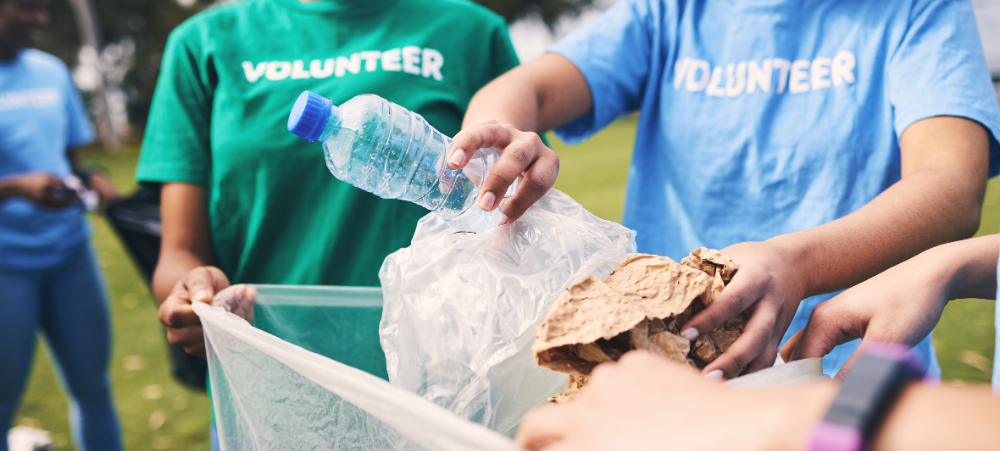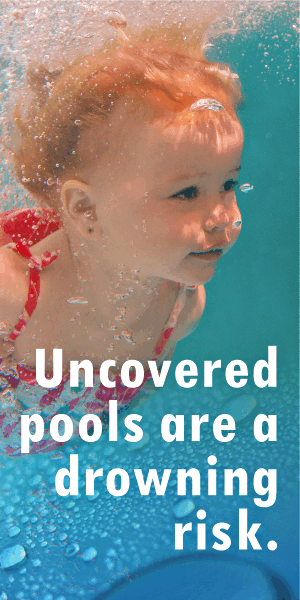There’s no “right” moment for pain and fever to strike. Yet, when they jolt your child awake in the wee hours, the challenge often feels magnified. Understanding the symptoms of pain and fever and knowing how to address them can make the experience less daunting for everyone involved. Why Do Children Experience Fever? Fever in children is defined as a temperature of 37.8°C or higher.1a It’s essential to understand that a fever is not an illness. Instead, it’s like the body’s alarm system, indicating that it’s actively confronting an illness or infection.1b This natural response serves a crucial purpose; it kickstarts the immune system, mobilising it to fend off invaders. In essence, when the body’s temperature rises, it’s creating an environment that’s less hospitable to germs.1c However, as beneficial as this might be internally, it’s not always a comfortable experience for our young ones. The elevated temperatures can lead to feelings of unease, discomfort, and restlessness, which can be concerning for parents and caregivers.1d Why Do Children Experience Pain? Pain in children can stem from multiple causes. Some of the straightforward causes include the usual bumps and scrapes that come with active play2a or the common headaches that might stem from a long day2b. There are also those tummy troubles which can range from a simple upset stomach to more severe aches2c. Various infectious illnesses can also be culprits, such as ear infections, strep throat, pesky stomach bugs, skin infections, and even pneumonia2d. Don’t forget the short-lived but often sharp pain that accompanies immunisations2e, and for our littlest ones, the discomfort of teething 2f. How Pain and Fever Can Impact Your Child’s Sleep We all know that a child’s sleep is crucial for their physical growth, mental development, and overall well-being.3 However, when they’re unwell, their sleep can get disrupted. The goal is about reducing your kiddo’s distress and increasing their comfort so they can get a better night’s sleep. How to Help Your Child If pain or fever is bothering your child, it’s crucial to address it promptly and appropriately. Here are a few ways to provide relief: Fluids: Keep the juice and water coming! A fever can lead to dehydration, so make sure they’re drinking often and staying hydrated.4a Bathing: A tepid bath can do wonders to cool a feverish child down. Just remember, cold water or rubbing alcohol are no-nos. They can be harmful!4b Dress Code: Think summer vibes. Toss out the heavy PJs and let them wear something breezy and light.4c Snuggle Essentials: If they’re feeling a bit chilly, drape them with a light sheet. It’s all about keeping them cozy!4d The Power of Panado®: Always choose a pain and fever medication that is suitable for your child’s age and weight and measure the dose accurately: Always check the label or call your paediatrician for the correct dosage for your child.4e Dosage details for the Panado® range of products can be found at https://panado.co.za/dosage-calculator/ and are calculated according to your child’s age and weight. A fever should naturally break on its own in one to three days, but you will want to seek out your paediatrician if your child’s fever persists.4f Turn to the Power of Panado® Paediatric Range of Products Panado® contains paracetamol, which boasts over 150 years of clinical experience.5 It’s fast-acting6 and gentle on sensitive tummies.7 Panado® paediatric range of products includes Panado® Paediatric Syrup, Strawberry,8 Panado® Paediatric Syrup, Peppermint Alcohol and Sugar-Free,9 Panado® Paediatric Syrup, Peppermint 5 ml Sachets10, Panado® Infant Drops11 and recently launched Panado® Grape flavour which colourant-free, tartrazine-free, alcohol-free, and sugar-free.13 Parents trust12 Panado® for the power to fight their little one’s pain and provide fast6 relief when needed most. Panado® products are available at Baby City, Pick n Pay, Checkers, including Hypers, Shoprite, Clicks, Dis-Chem, and Independent Pharmacies. For more information, visit visit https://panado.co.za/ and join the conversations on Facebook. 2023083110309095 References: University of Rochester Medical Center. Fever in children. Available from: https://www.urmc.rochester.edu/encyclopedia/content.aspx?contenttypeid=90&contentid=P02512. Last accessed August 2023. UPMC Health Beat. Types of pain in children and how to treat it. Available from: https://share.upmc.com/2017/02/pain-in-children/. Last accessed August 2023. Johns Hopkins All Children’s Hospital. The importance of sleep for kids. Available from: https://www.hopkinsallchildrens.org/ACH-News/General-News/The-importance-of-sleep-for-kids. Last accessed August 2023. Children’s Health. What to do when your child has a fever. Available from: https://www.childrens.com/health-wellness/what-to-do-when-your-child-has-a-fever. Last accessed August 2023. 150 years of paracetamol. GP Pharma Update Mar/Apr 2019 Moller PL, Sindet-Pedersen S, Petersen CT, et al. Onset of acetaminophen analgesia: Comparison of oral and intravenous routes after third molar surgery. Br J Anaesth 2005;94(5):642-8. doi:10.1093/bja/aei109. Available from: https://pubmed.ncbi.nlm.nih.gov/15790675/. Last accessed August 2023. Goodman & Gilman’s.The pharmacological basis of therapeutics, 13th ed. Acetaminophen. p696 Panado® Paediatric Strawberry Syrup approved package insert, March 2002. Panado® Paediatric Syrup Alcohol and Sugar-Free professional information, May 2022. Panado® Paediatric Syrup professional information, May 2022. Panado® Infant Drops (Drops) approved professional information, August 1990. Circana, MT, October 2023 MAT. Panado ® Paediatric Alcohol Free – Grape Flavour. Approved package insert. October 2022.

































